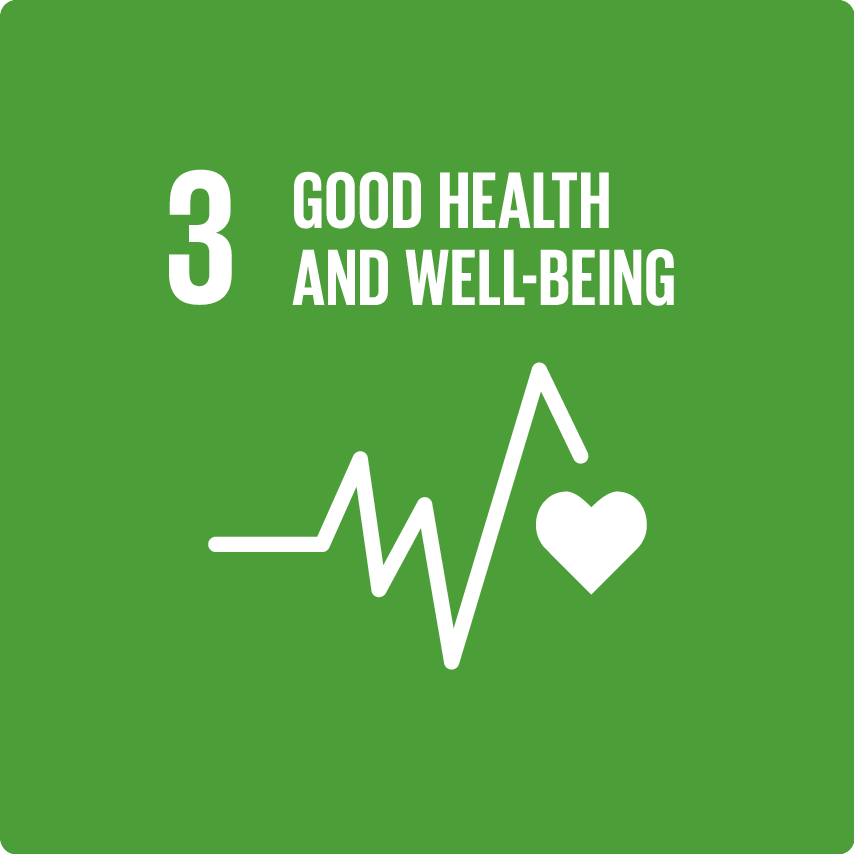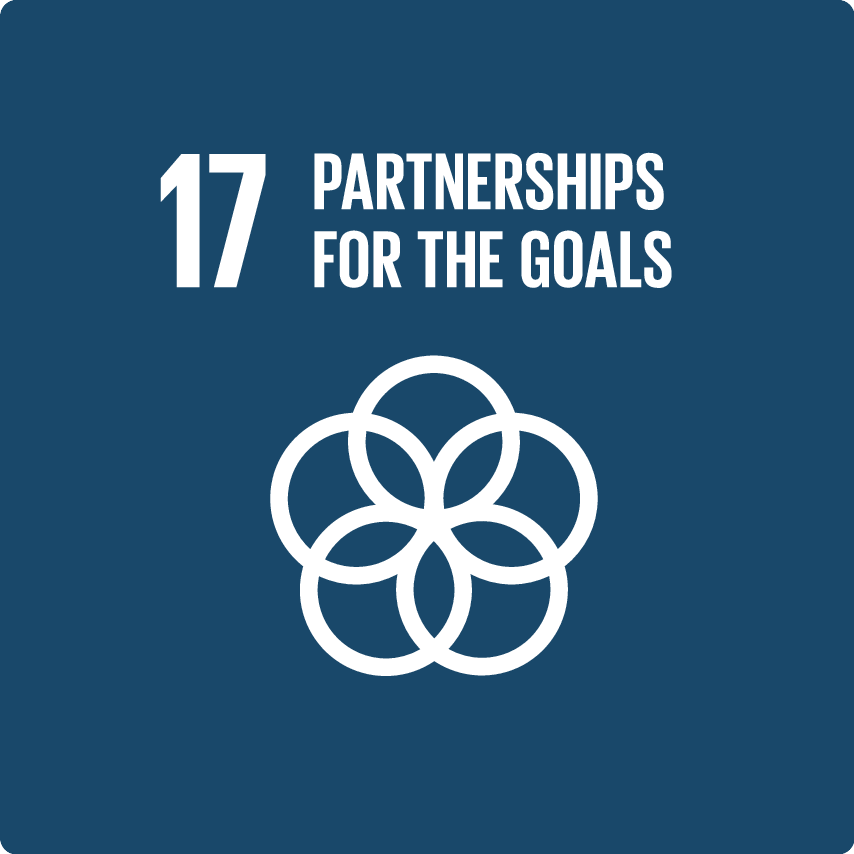Oncology Fellowship in sub-Saharan Africa (SSA)
Takeda in partnership with the University of Nairobi have developed an oncology fellowship program to address the shortage of oncologists in Kenya and SSA.
SEE ALL PARTNER ORGANIZATIONS
Objectives
- To address the shortage of oncologists in Kenya and SSA to ultimately improve and positively impact cancer care, diagnosis and treatment for patients.
Health needs and challenges
SSA lacks adequate cancer care infrastructure and there is a great shortage of oncologists. As training abroad is expensive and entry is difficult, local solutions are desperately needed. In some countries like Kenya the majority of cancer specialists work in private medical facilities in Nairobi (Ministry of Health, Kenya. National Cancer Control Strategy 2017-2022. Nairobi, June 2017). Unfortunately though these facilities are not affordable for the majority of Kenyans.
How the activity is addressing the needs and challenges
This program aims to address the shortage of oncologists in Kenya and SSA, through an oncology fellowship program at the University of Nairobi, Kenya. The fellowship is available to those who hold a Masters of Medicine in Internal Medicine from across the region. The two year program seeks to expand access to Specialist treatment in SSA that meets international standards, and is accredited by the American Society of Clinical Oncology (ASCO).
The training includes:
- Competencies related to recognizing cancer, making a prompt diagnosis and offering appropriate treatment
- Skills to effectively carry out cancer prevention programs, community surveillance and early detection
- Leadership and clinical / environmental management of cancer
- Self-learning, critical thinking, research skills, and capacity to translate cancer research into practice and policy
On completion of the training, fellows will receive a recognized formal certification in medical oncology.
Results and milestones
Through the collaboration with the University of Nairobi we are supporting the development of high quality local oncology capacity, that will have a long-term sustainable impact on strengthening the healthcare system in Sub Saharan Africa. Of the 6 fellows that registered in the inaugural Fellowship program in 2016, 5 fellows graduated in 2018.
By addressing the shortage of cancer specialists the program ultimately aims to bring about an increase in the number of facilities offering cancer treatment including public facilities, and improve access to treatment for all patients, particularly in rural areas outside of the main cities, and people in the poorest segment of the population who cannot afford to attend private facilities.
Geographic Reach
- Africa
Disease Area
- Non-communicable diseases
Target Population
- People with low incomes
Partner organizations
Geographic Reach
Africa
- Kenya
Disease Area
Non-communicable diseases
- Cancer
- Other Cancer

